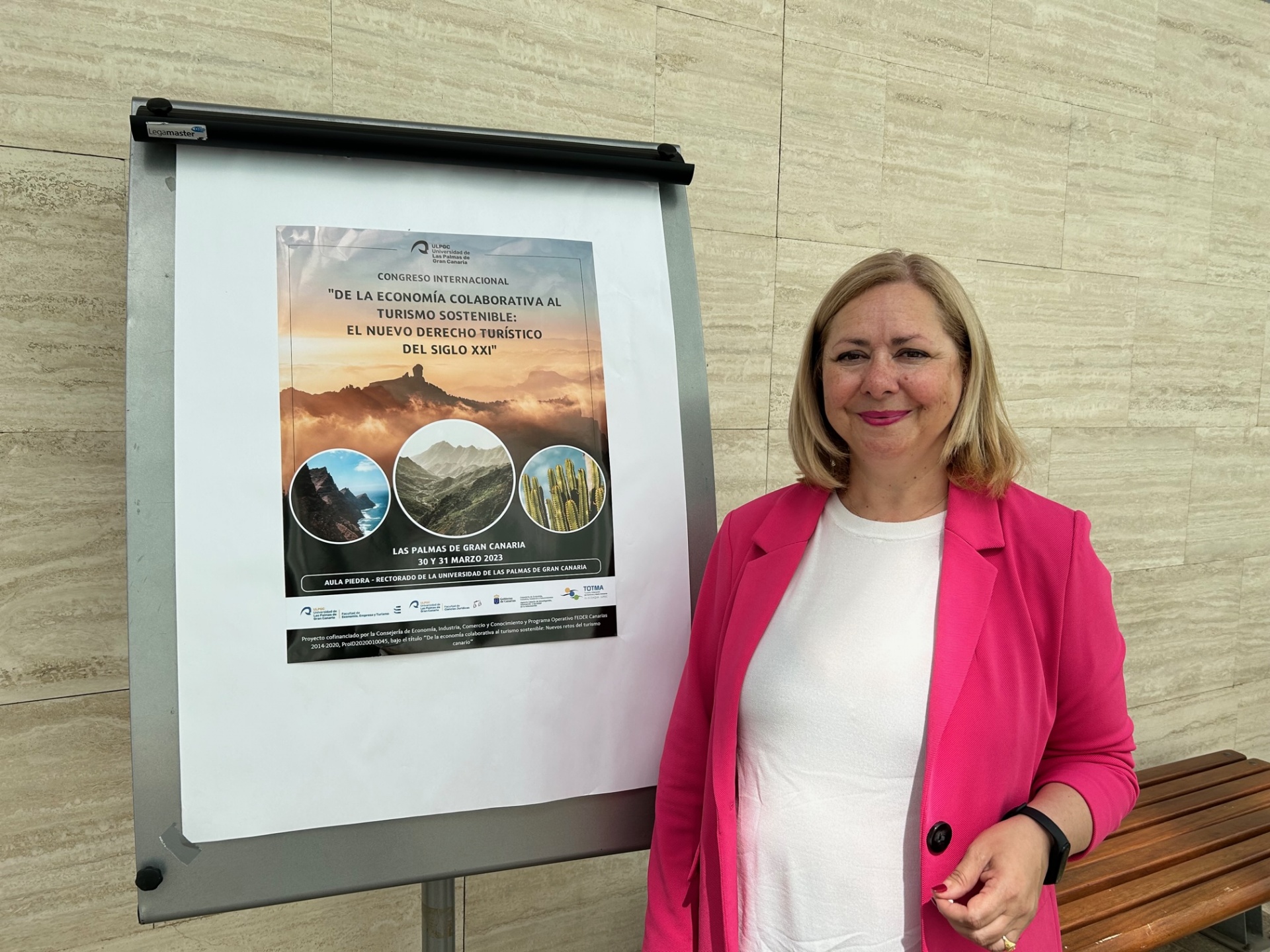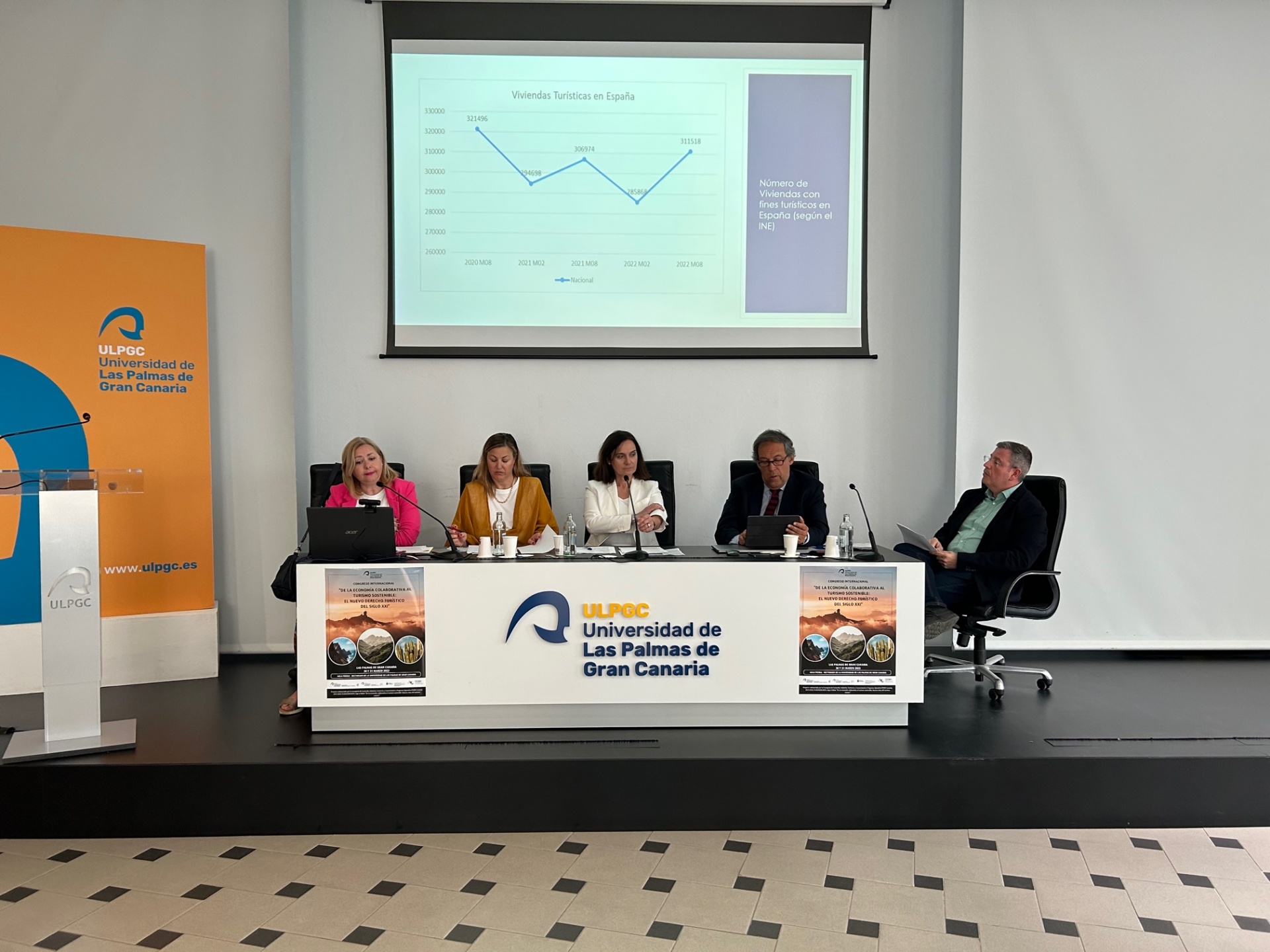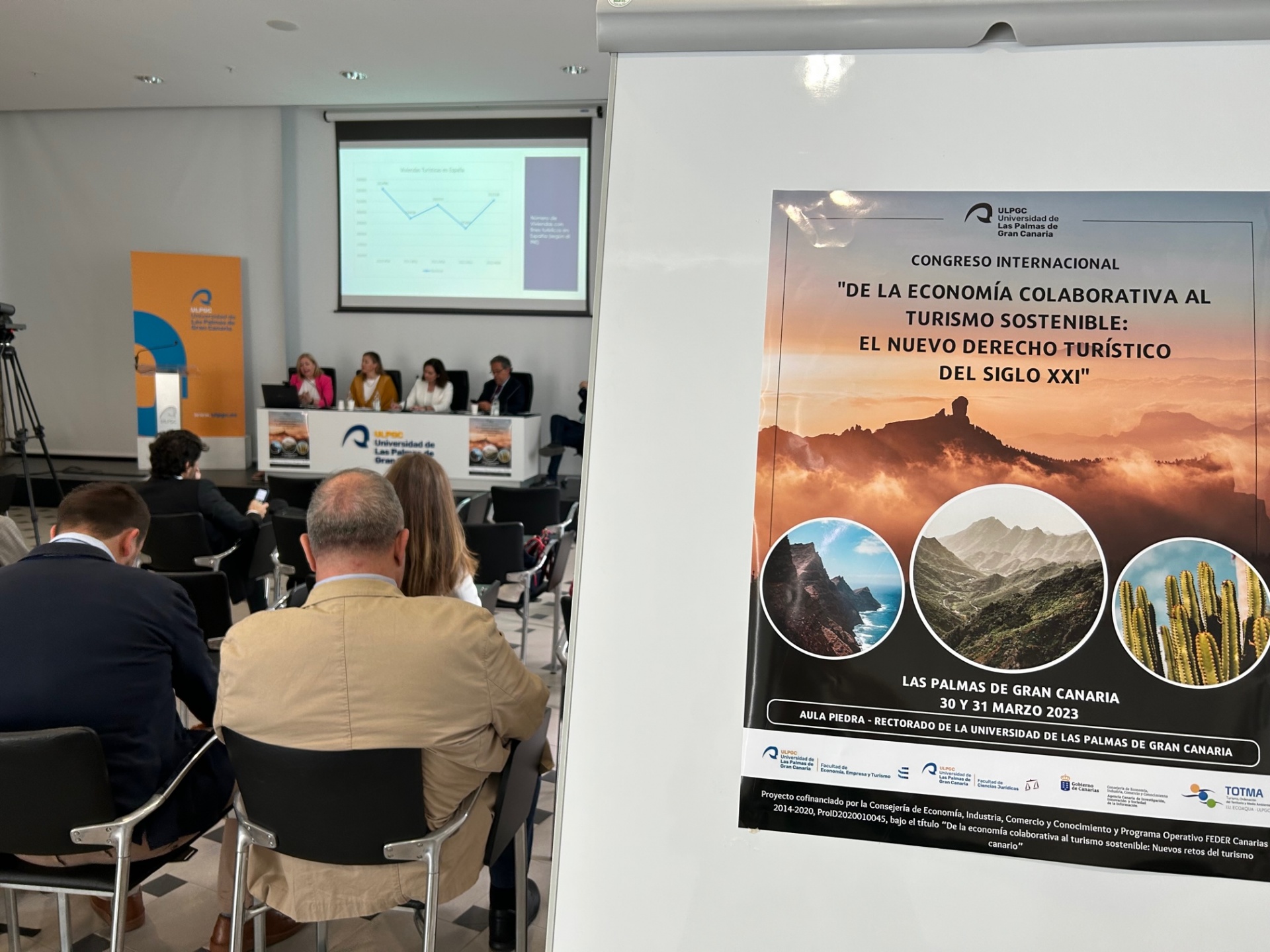The rest of the regions are subject to VAT but are exempt from it, so they are taxed under the transfer tax and stamp duty. However, the collection of these taxes is complicated by the lack of knowledge of both travellers and owners of holiday homes.
98% of travellers staying in holiday homes in the Peninsula and the Balearic Islands don't know that they are obliged to pay the ITP and AJD, since they are exempt from VAT as long as the accommodation they are staying in does not offer free hotel services, said María Ángeles Recio Ramírez, Professor of Financial and Fiscal Law at the University of Córdoba, speaking at a conference on the sharing economy organised by the ECOAQUA Institute of the University of Las Palmas de Gran Canaria (ULPGC).
"A thorough reform of the rules on transfer tax and stamp duty would be necessary. This can be done in two ways: either by including new taxable events and new scales for the rental of holiday homes, or by making these transactions subject to VAT and not exempt, as has been done in the Canary Islands with the IGIC. We are talking about a lot of money that is not being collected because it is a limited amount in each rental transaction, but which, taken together, represents a niche of wealth for the municipalities that is not being exploited," she explains.

In the case of the Canary Islands, the imposition of the IGIC was made possible by Article 12.4 of Decree 113/2015, of 22 May, which approved the Regulation of Holiday Home Rentals of the Autonomous Community of the Canary Islands. In case of doubt, there was a binding fiscal advice, number 1741, dated 10 September 2015, which established that the provision of the service of letting a holiday home is subject to the IGIC and not exempt. All this because the Canary Islands are considered a third country in the European Union for VAT purposes. This adaptation, in turn, allows the landlords to deduct the IGIC from the expenses generated in their properties, something that doesn't happen at national level with VAT.
"Ignorance of the law does not exempt from its compliance", points out the professor of the University of Cordoba, "so the management of this tax is complicated by the Autonomous Communities. All tourist rentals are taxed through the ITP and the AJD, as long as the accommodation does not provide ancillary hotel services such as cleaning, food, etc. It is only in these cases that the accommodation establishments have to apply a 10% VAT added to their rate," he points out.

María Ángeles Recio was one of the speakers this morning at the International Congress: "From the sharing economy to sustainable tourism", organised by the Tourism, Territorial Planning and Environment Group (TOTMA) of the University Institute for Research on Aquaculture and Sustainable Marine Ecosystems (IU-ECOAQUA), which took place this week in the Aula de Piedra of the ULPGC.
The specialist participated in the panel on "Fiscal, Criminal and International Challenges", along with Rafael Carlos Ortega, Professor of Criminal Law at the University of Cordoba, Silvia Feliu Álvarez, Professor at the University of the Balearic Islands, and Carlos Torres, Professor at the School of Hospitality and Tourism of Estoril (Portugal). The panel was chaired by María Aránzazu Pérez, Professor at the Public University of Navarra.


